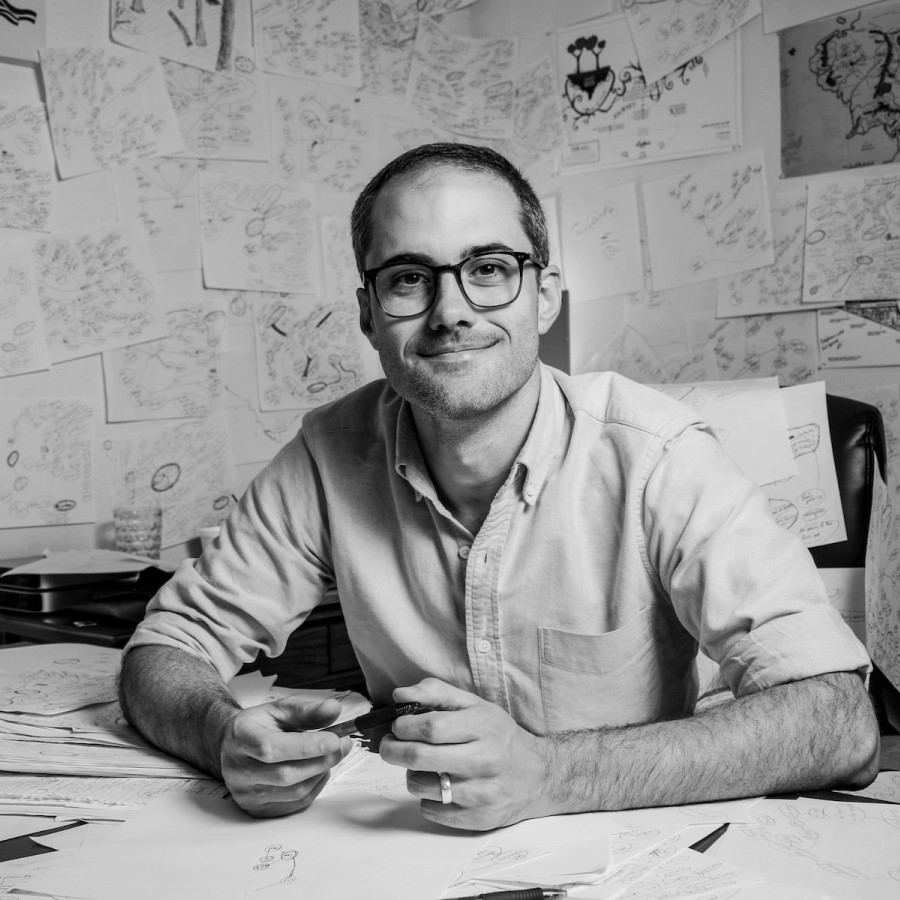12/5/2016: On The Fear of Death
Is the fear of death, or the reaction against death, the impetus for all of our actions?
“‘The tale is not really about Power and Dominion: that only sets the wheels going; it is about Death and the desire for deathlessness,’ wrote J.R.R. Tolkien in a letter in 1957. He would often tell interviewers that The Lord of the Rings ‘is about death … and the search for deathlessness.'” (Not sure where I got this, but it’s not mine).
Surely Satan and Sauron seek power and dominion, and I had developed in my great antagonist a similar bent. I had concluded that their search was one of pride, one of seeking to surpass the Almighty, to become Almighty themselves, to be truly Independent. That is, they forget or disbelieve in their dependence on the One and step into faithlessness, into disobedience. Adam does this as well, having adopted the Serpent’s philosophy. Milton shows that Lucifer sought something higher than what he was given. He assumed independence, having become dissatisfied with God’s provision (without cause). Again we find lust of the flesh, lust of the eyes, boastful pride of life.
But perhaps that’s not enough. For that’s probably how it starts (if I can even imagine what it’s like to have no sin nature and to make a sinful decision from a neutral state)—how it starts prior to one’s fall (or at its inception, rather, after which all things change). But after a fall, we all have death, the separation from the being from whom all life flows. And having death, do we not all seek to remedy ourselves, to recreate ourselves, to conquer the death that is in us and that we feel at all times, to conquer the death in the whole world? Does that not drive all of us into all that we do? If that’s the case, a being’s desire for true independence becomes one of self-preservation, which necessarily correlates with a separation from the Life Giver. No longer is Independence sufficient, or Independence for the sake of Supremacy or Mastery, but Independence to the end that we are safe and complete and whole, without requiring any other for any of our needs and/or desires (should they not match). But I suspect that our method of achieving this escape remains in the same vein to the fall, us having lost our connection to Life. We seek to recreate ourselves by means of the lust of the flesh, the lust of the eyes, and the boastful pride of life.
Of course, fear and false confidence are the two sides of pride. And to be sure, we feel both, sometimes even simultaneously. It is likely that it is not merely the flight from death that propels us but also the periodic belief that our swords and shields can defeat the dragon of death. Both drive us toward the same goal—to be independent. To be sufficient in and of ourselves.
